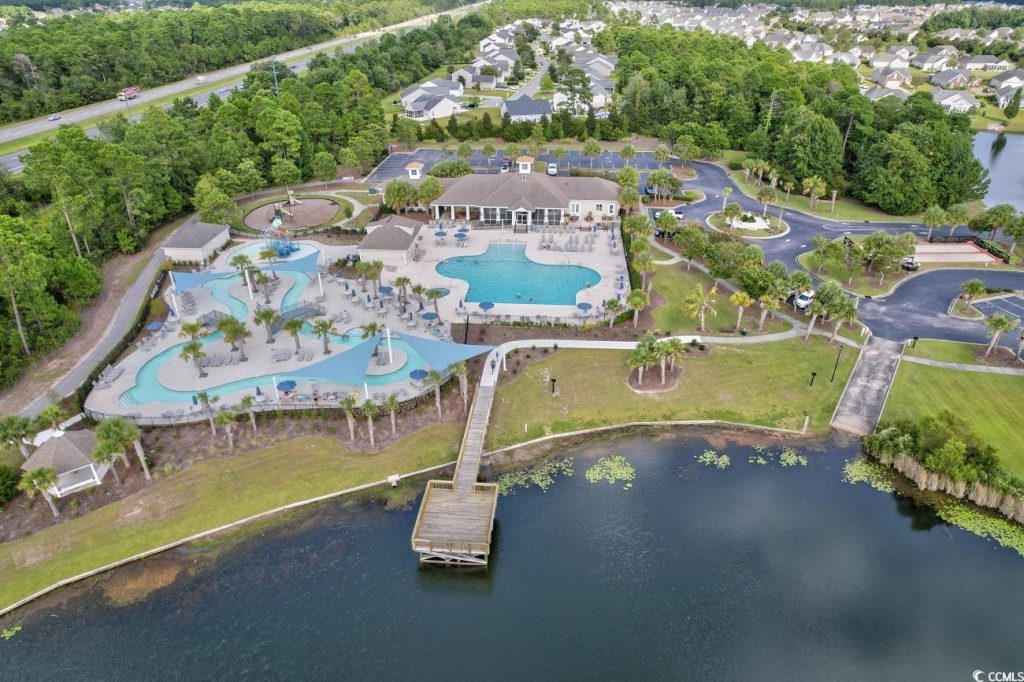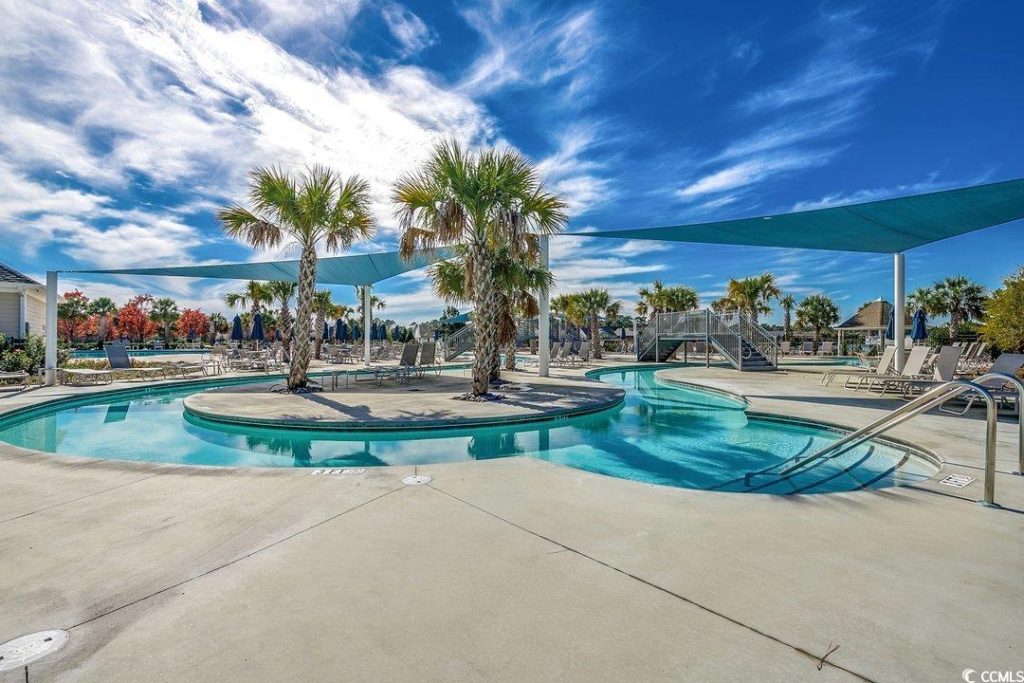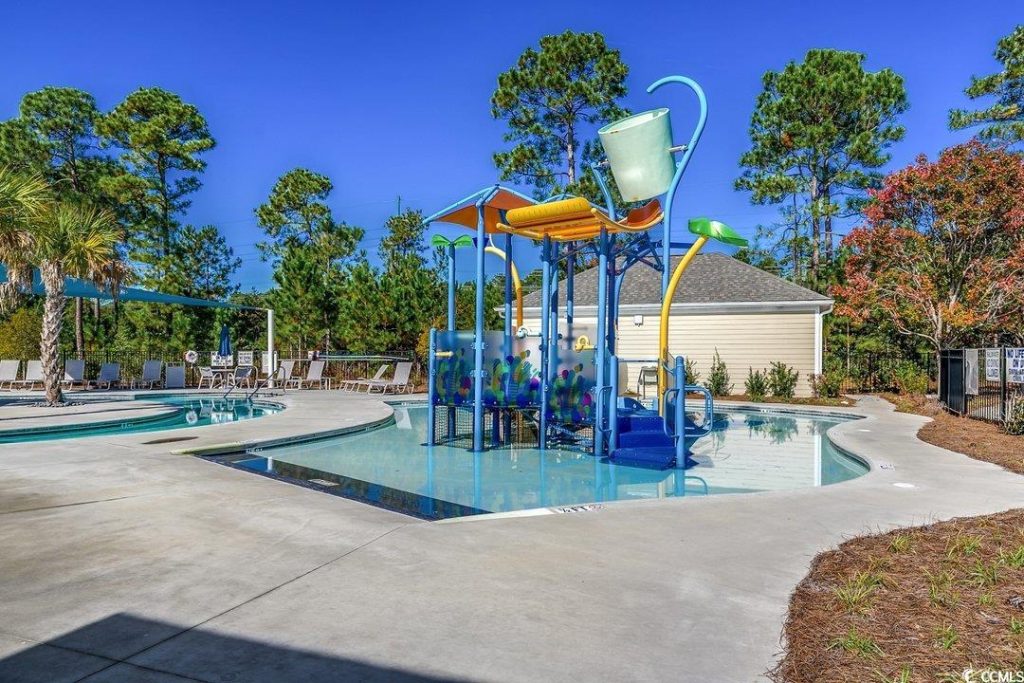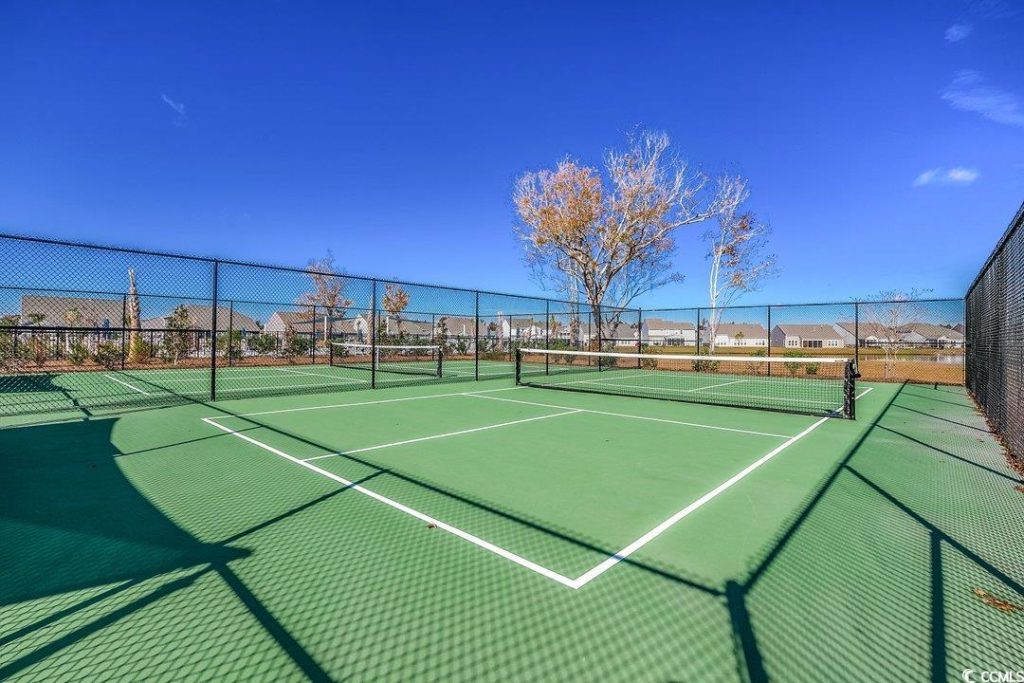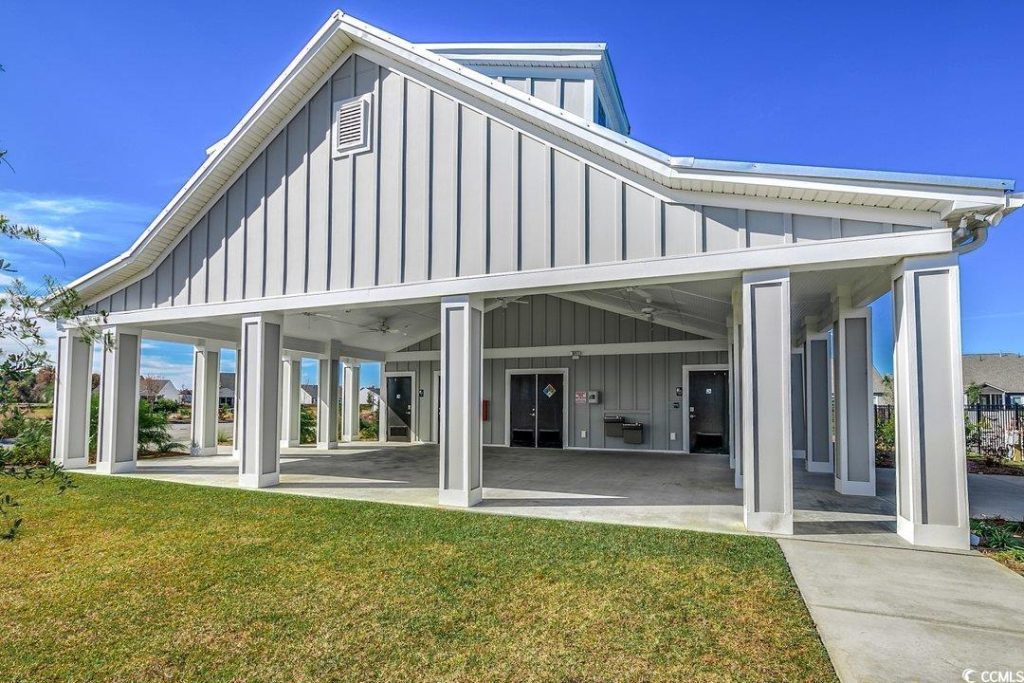Berkshire Forest
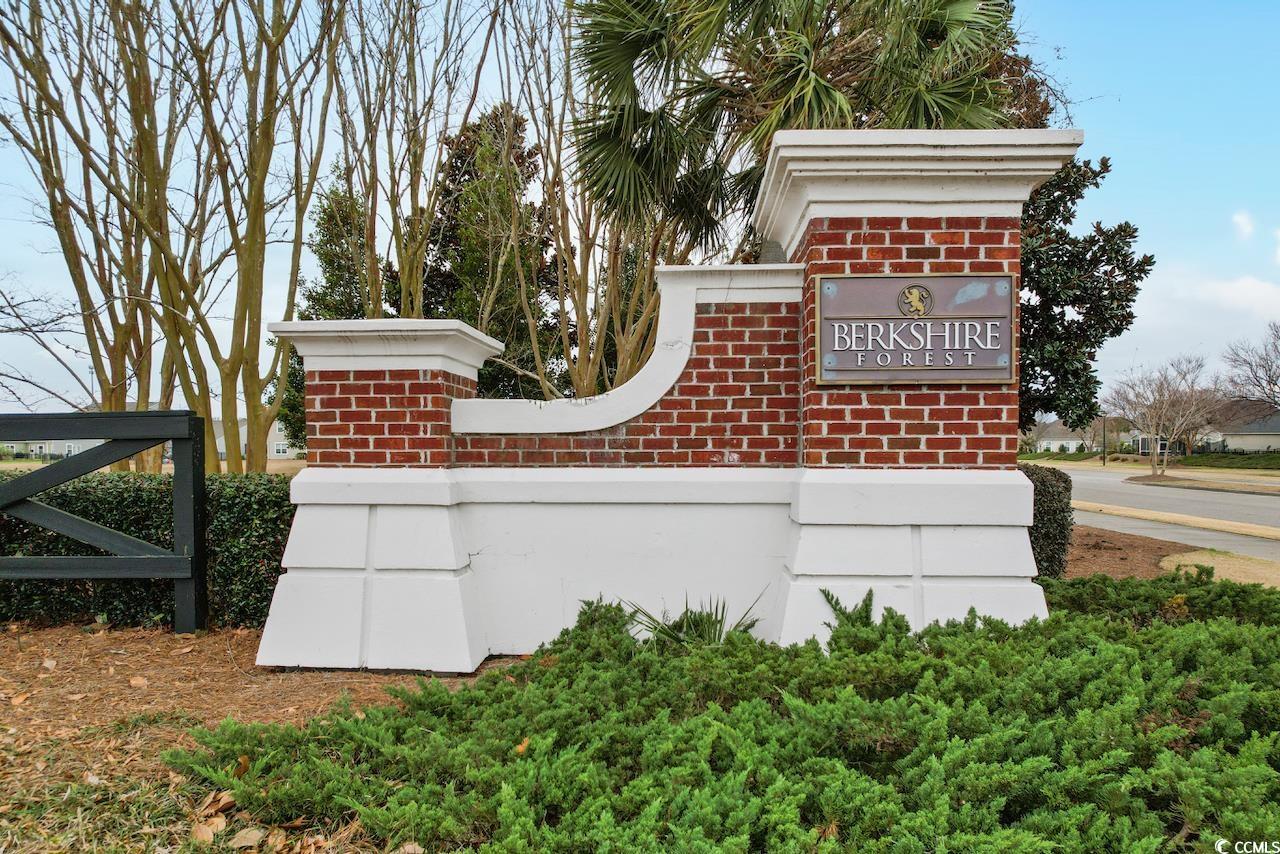
Berkshire Forest is a highly desirable, master-planned community located in the heart of Carolina Forest, Myrtle Beach. Known for its resort-style amenities, beautiful lakes, and lush landscaping, this neighborhood offers a perfect blend of luxury, convenience, and a welcoming community atmosphere.
Berkshire Forest offers a variety of home styles, including single-family homes, townhomes, and new-construction properties. Homes feature modern designs, open floor plans, and high-end finishes, appealing to families, retirees, and second-home buyers alike.
✔ Resort-Style Living: Berkshire Forest offers a state-of-the-art clubhouse, a large resort-style pool, a lazy river, a splash pad, and a fitness center, providing endless entertainment and relaxation.
✔ Private Lake Access: Residents enjoy a 30-acre private lake perfect for kayaking, paddleboarding, and fishing.
✔ Active Lifestyle: The community features tennis courts, pickleball courts, basketball courts, walking trails, and a playground, making it ideal for those who love outdoor activities.
✔ Exclusive Beach Club Access: Homeowners in Berkshire Forest have access to a private oceanfront beach club in Myrtle Beach, adding a unique perk to this inland community.
✔ Community Events: Berkshire Forest fosters a strong sense of community with social events, clubs, and neighborhood gatherings throughout the year.
Factors That Affect Home Values
Determining a home’s value involves several factors, from market trends to the property’s features. Whether you're buying, selling, or investing, understanding these key influences can help you make informed decisions.
- Recent Neighborhood Sales
One of the strongest indicators of a home’s value is the sale price of similar properties in the same neighborhood. As your real estate professionals, we look at recent comparable sales (comps) to gauge a home’s fair market price. If nearby homes have sold for high prices, it boosts overall property values, whereas lower sales can drive them down.
- Supply & Demand
Like any market, real estate is influenced by supply and demand. When demand is high and inventory is low, home prices typically rise due to increased competition among buyers. Conversely, when there are more homes for sale than buyers, prices tend to stagnate or drop. The balance of supply and demand fluctuates based on factors like interest rates, population growth, and seasonal trends.
- Market Conditions
Economic factors such as interest rates, inflation, and job growth play a significant role in home values. A strong economy with low unemployment and rising wages often leads to increased home prices, while economic downturns can cause values to decline. Additionally, local market conditions—such as the desirability of an area, new developments, and zoning changes—can impact property appreciation.
- Bedrooms, Bathrooms & Square Footage
The size and layout of a home directly impact its value. Generally, more bedrooms and bathrooms increase a home’s worth, as they cater to a broader range of buyers. Square footage also plays a major role—larger homes typically command higher prices, especially when the space is functional and well-designed.
- Features & Upgrades
Modern updates and desirable features can significantly boost home value. Updated kitchens and bathrooms, energy-efficient appliances, hardwood flooring, smart home technology, and outdoor living spaces are all appealing to buyers. Additionally, homes with unique features such as waterfront views, large lots, pools, or high-end finishes often command premium prices. However, the return on investment for certain upgrades varies based on market demand and neighborhood standards.


